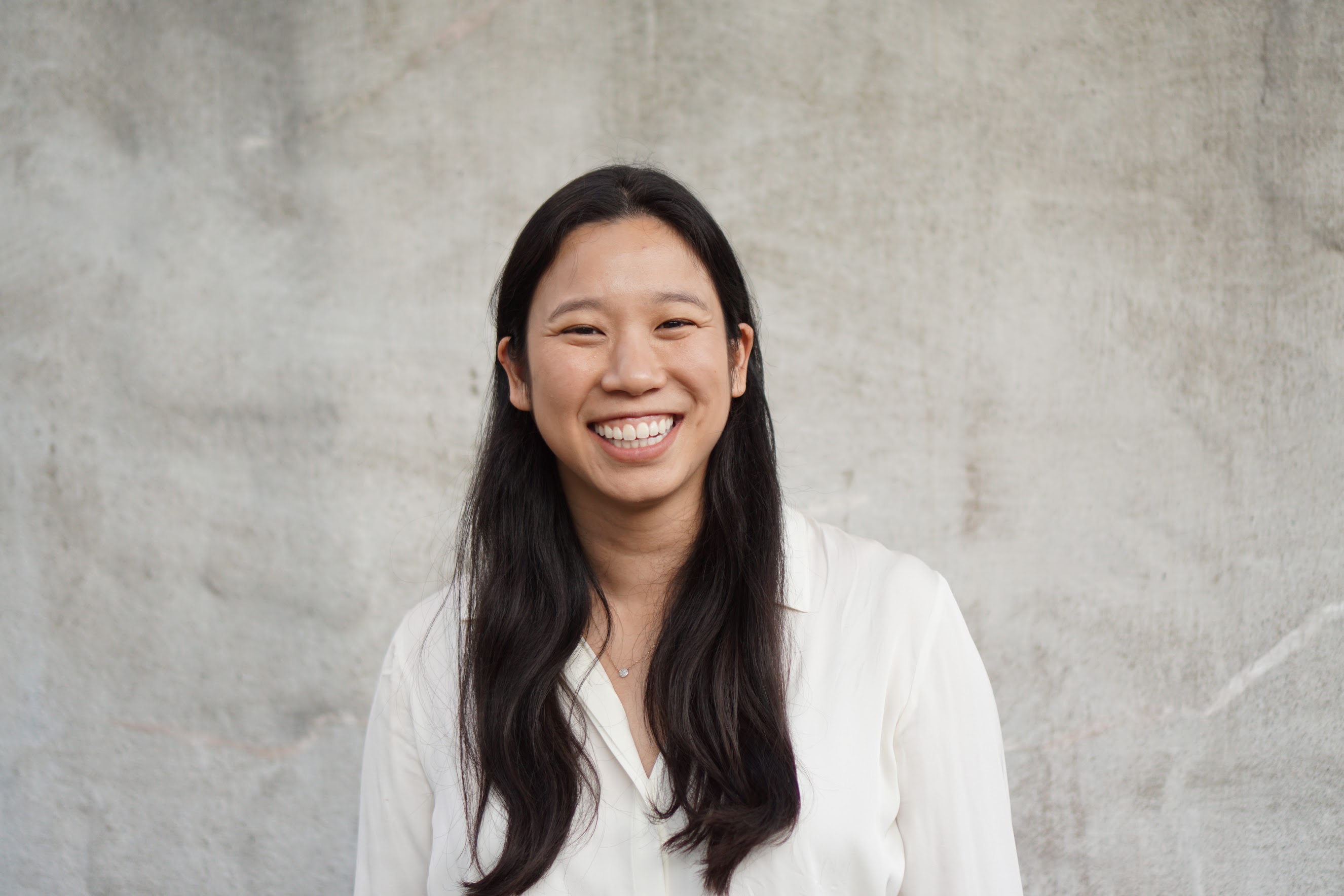Patient Safety Risks from AI Scribes: Signals from End-User Feedback.
Jessica Dai, Anwen Huang, Catherine Nasrallah, Rhiannon Croci, Hossein Soleimani, Sarah J Pollet, Julia Adler-Milstein, Sara G Murray, Jinoos Yazdany, and Irene Y Chen.
ML4H 2025.
A large language model-based approach to quantifying the effects of social determinants in liver transplant decisions.
Emily Robitschek, Asal Bastani, Kathryn Horwath, Savyon Sordean, Mark J. Pletcher, Jennifer C. Lai, Sergio Galletta, Elliott Ash, Jin Ge*, Irene Y Chen*.
npj Digital Medicine 2025
Best Findings Paper Award (ML4H 2024).
Leonidas H. Berry Health Equity Research Award (ACG 2024).
The evaluation illusion of large language models in medicine.
Monica Agrawal, Irene Y Chen, Freya Gulamali, and Shalmali Joshi
npj Digital Medicine 2025
Redefining Bias Audits for Generative AI in Health Care.
Irene Y Chen* and Emily Alsentzer*
NEJM AI 2025
Access to care improves EHR reliability and clinical risk prediction model performance.
Anna Zink, Hongzhou Luan, Irene Y Chen.
Conditionally accepted, Nature Health.
The Data Addition Dilemma.
Judy Hanwen Shen, Inioluwa Deborah Raji, and Irene Y Chen.
MLHC 2024.
NLP for Maternal Healthcare: Perspectives and Guiding Principles in the Age of LLMs.
Maria Antoniak, Aakanksha Naik, Carla S Alvarado, Lucy Lu Wang, Irene Y Chen.
FAccT 2024.
Identifying Reasons for Contraceptive Switching from Real-World Data Using Large Language Models.
Brenda Y. Miao, Christopher YK Williams, Ebenezer Chinedu-Eneh, Travis Zack, Emily Alsentzer, Atul J. Butte, Irene Y Chen.
npj Digital Medicine.
Best Poster Award (CERSI Scientific Symposium 2024).
Machine Learning Approaches for Equitable Healthcare.
Irene Y. Chen.
PhD Thesis, Massachusetts Institute of Technology 2022.
Clustering Interval-Censored Time-Series for Disease Phenotyping.
Irene Y. Chen, Rahul G. Krishnan, David Sontag.
AAAI 2022.
The Potential For Bias in Machine Learning And Opportunities For Health Insurers To Address It.
Stephanie Gervasi*, Irene Y. Chen*, Aaron Smith-McLallen, David Sontag, Ziad Obermeyer, Michael Vennera, Ravi Chawla.
Health Affairs 2022.
The Many Roles that Causal Reasoning Plays in Reasoning about Fairness in Machine Learning.
Irene Y. Chen, Hal Daumé III, Solon Barocas.
Algorithmic Fairness through the Lens of Causality and Robustness Workshop at NeurIPS 2021.
Long Oral Presentation
Underdiagnosis bias of artificial intelligence algorithms applied to chest radiographs in under-served patient populations.
Laleh Seyyed-Kalantari, Guanxiong Liu, Matthew McDermott, Irene Y. Chen, Marzyeh Ghassemi.
Nature Medicine, December 2021.
Longitudinal imaging history in early identification of IPV.
Hyesun Park, Rahul Gujrathi, Babina Gosangi, Richard Thomas, Tianxi Cai, Irene Y. Chen, Camden Bay, Najmo Hassan, Giles Boland, Isaac Kohane, Steven Seltzer, Kathryn Rexrode, Bharti Khurana.
Journal of European Radiology, 2021.
Recognizing isolated ulnar fracture as a potential marker for Intimate Partner Violence.
Bharti Khurana, David Song, Rahul Ujrathi, Abhishek Keraliya, Cambden P. Bay, Irene Y. Chen, Steven E. Seltzer, Giles W. Boland, Mitchel B. Harris, George S.M. Dyer, and Paul Tornetta III.
Journal of American College of Radiology, February 2021.
Intimate Partner Violence and Injury Prediction from Radiology Reports.
Irene Y. Chen, Emily Alsentzer, Hyesun Park, Richard Thomas, Babina Gosangi, Rahul Gujrathi, Bharti Khurana.
PSB 2021.
Oral Presentation.
CheXclusion: Fairness gaps in deep chest X-ray classifiers.
Laleh Seyyed-Kalantari, Guanxiong Liu, Matthew McDermott, Irene Y. Chen, Marzyeh Ghassemi.
PSB 2021.
Oral Presentation
Ethical Machine Learning in Health Care
Irene Y. Chen, Emma Pierson, Sherri Rose, Shalmali Joshi, Kadija Ferryman, Marzyeh Ghassemi.
Annual Reviews for Biomedical Data Science 2021.
Probabilistic Machine Learning for Healthcare
Irene Y. Chen*, Shalmali Joshi*, Marzyeh Ghassemi, Rajesh Ranganath.
Annual Reviews for Biomedical Data Science 2021.
A Review of Challenges and Opportunities in Healthcare for Machine Learning.
Marzyeh Ghaseemi, Tristan Naumann, Peter Schulam, Andrew L. Beam, Irene Y. Chen, Rajesh Ranganath
AMIA Informatics Summit 2020
Treating health disparities with artificial intelligence
Irene Y. Chen, Shalmali Joshi, Marzyeh Ghassemi
Nature Medicine, January 2020
Robustly Extracting Medical Knowledge from EHRs: A Case Study of Learning a Health Knowledge Graph.
Irene Y. Chen, Monica Agrawal, Steven Horng, David Sontag.
PSB 2020.
Oral Presentation.
Turning the crank for machine learning: ease, at what expense?
Tom J. Pollard, Irene Y. Chen, Jenna Wiens, Steven Horng, Danny Wong, Marzyeh Ghassemi, Heather Mattie, Emily Lindmeer, Trishan Panch
Lancet Digital Health, September 2019
Practical guidance on artificial intelligence for health-care data.
Marzyeh Ghassemi, Tristan Naumann, Peter Schulam, Andrew L. Beam, Irene Y. Chen, Rajesh Ranganath
Lancet Digital Health, August 2019
Can AI Help Reduce Disparities in General Medical and Mental Health Care?
Irene Y. Chen, Peter Szolovits, Marzyeh Ghassemi.
AMA Journal of Ethics, February 2019.
Trends and Focus of Machine Learning Applications for Health Research
Brett Beaulieu-Jones, Samuel G. Finlayson, Corey Chivers, Irene Y. Chen, Matthew McDermott, Jaz Kandola, Adrian V. Dalca, Andrew Beam, Madalina Fiterau, Tristan Naumann
JAMA Network Open, October 2019
We should treat algorithms like prescription drugs
Andy Coravos, Irene Y. Chen, Ankit Gordhandas, Ariel Dora Stern
Quartz, February 2019.
Why Is My Classifier Discriminatory?
Irene Y. Chen, Fredrik D. Johansson, David Sontag.
NeurIPS 2018.
Spotlight Presentation (top 4% of submitted papers)
Presented at WiML workshop at NeurIPS 2017.
